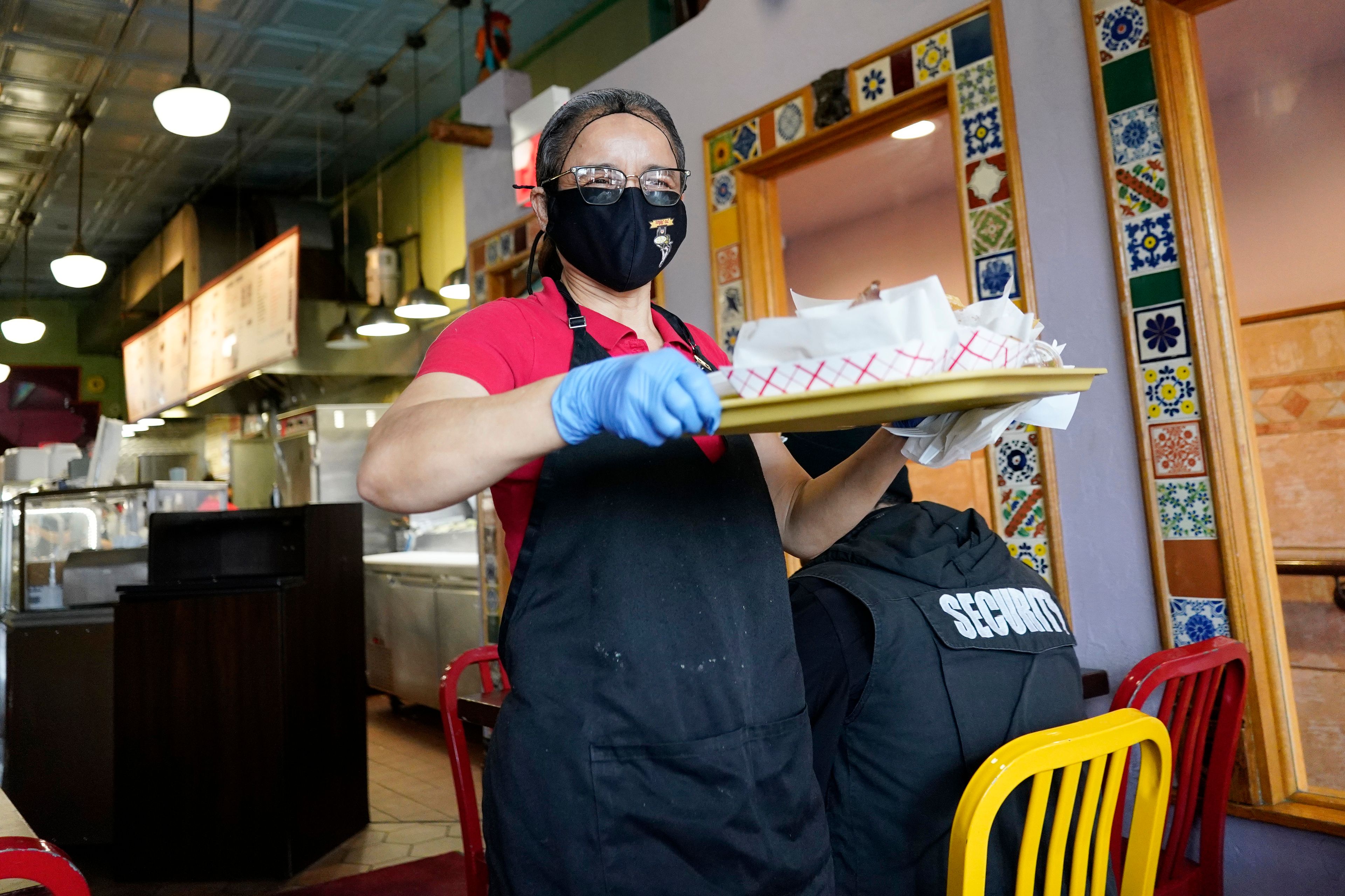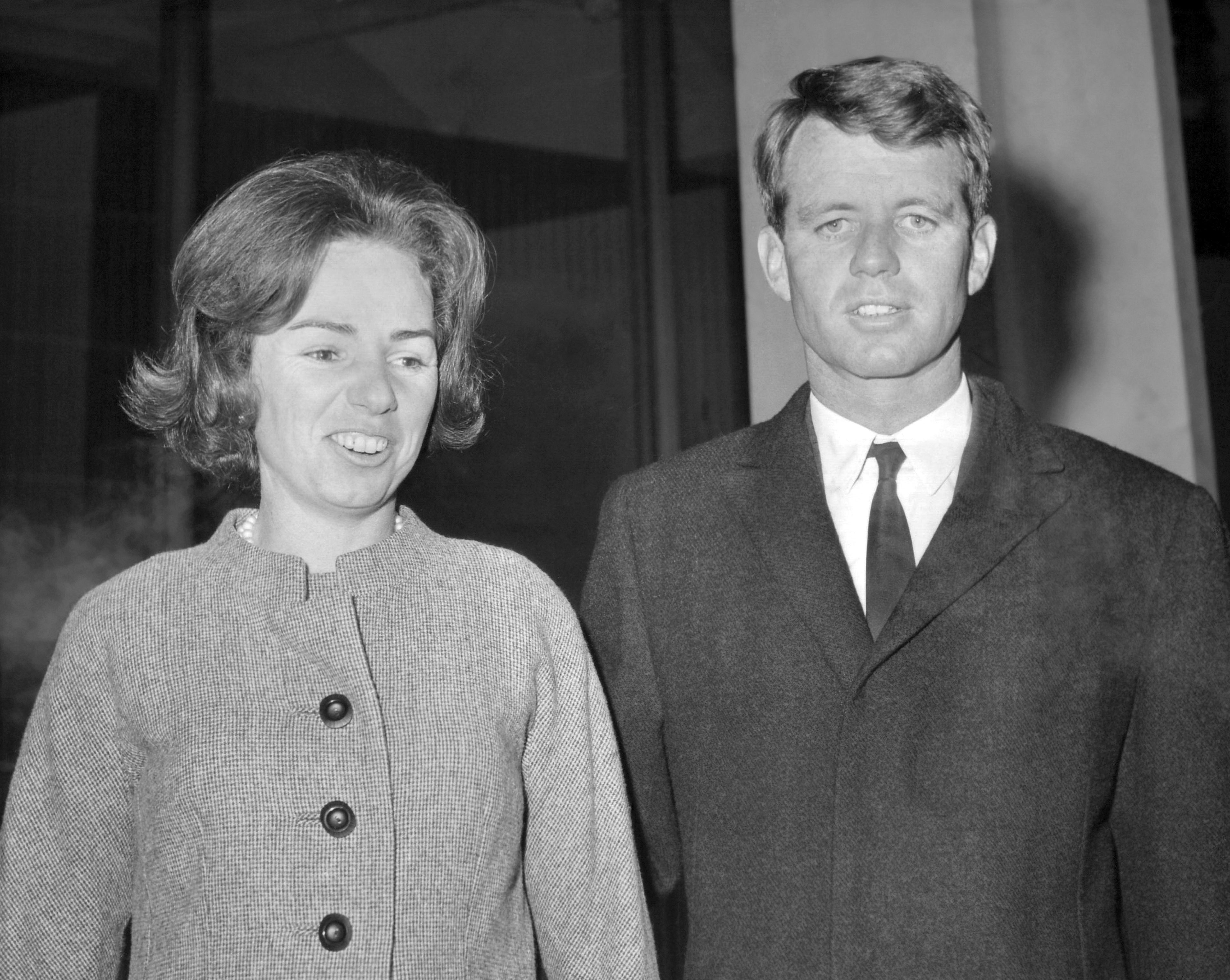WASHINGTON It was one of those scenarios that government types like to call "win-win."
One government agency sold used equipment to another, which then traded it away for something the government thought it really wanted. And the government still got use of the equipment.
It all seemed too good to be true. And it was.
In this case, the used equipment was transport planes aircraft the Air Force didn't need anymore but that the Forest Service could use for fighting fires. And the planes, valued at $65 million-$80 million, were traded away for items the government ultimately decided it couldn't use.
Moreover, there are new allegations by a mechanic who worked on some of the planes that the C-130 transports weren't used to merely douse flames in the nation's forests. They also flew spy missions overseas for the CIA.
"You look at them, and you think they are firefighting planes. But they are really little AWACs," said Gary Eitel, an aviation consultant from Silverdale, Wash. "You could fly into foreign countries and hear what pilots are saying to each other, eavesdrop on embassies; you can jam a national communications system with it."
The latest allegations of spying by Forest Service planes are contained in a deposition by mechanic Daryl Shippy of Hemet, Calif.
The deposition, obtained last month by The Associated Press, was given in a lawsuit by families of three crew members killed in a 1994 crash of a Forest Service air tanker in California Shawn Zaremba of Hemet, Calif., Robert Buc of Lolo, Mont., and Joe Johnson of Boca Raton, Fla.
Aside from the issue of whether spy missions were an appropriate use of government firefighting planes, Shippy's contentions raise additional questions: namely, whether the modifications necessary to make the planes capable of intelligence-gathering made them more difficult to service and thus more dangerous to fly.
The National Transportation Safety Board said a fuel leak on the right wing probably caused the California crash.
Suspicions that Forest Service planes were used for covert intelligence operations are nothing new. Various people have leveled such allegations over the past 20 years.
In 1991, two Forest Service planes turned up hauling cargo in Kuwait after the Gulf War, triggering an investigation by the Agriculture Department's inspector general that remains open to this day.
But Shippy's sworn deposition is the first acknowledgment by someone who actually worked on the planes that they served a dual purpose.
"The military had some aircraft that were used for other things ... some missions," Shippy explained. He said the plane that crashed had been equipped with long-range fuel tanks and a sophisticated electronics box that could "run some pretty high power stuff."
Asked specifically whether he was referring to the CIA, Shippy answered, "Yes."
He also said modifications to the planes and the secret nature of their earlier missions could have prevented the planes' owners from getting important maintenance information from the manufacturer.








